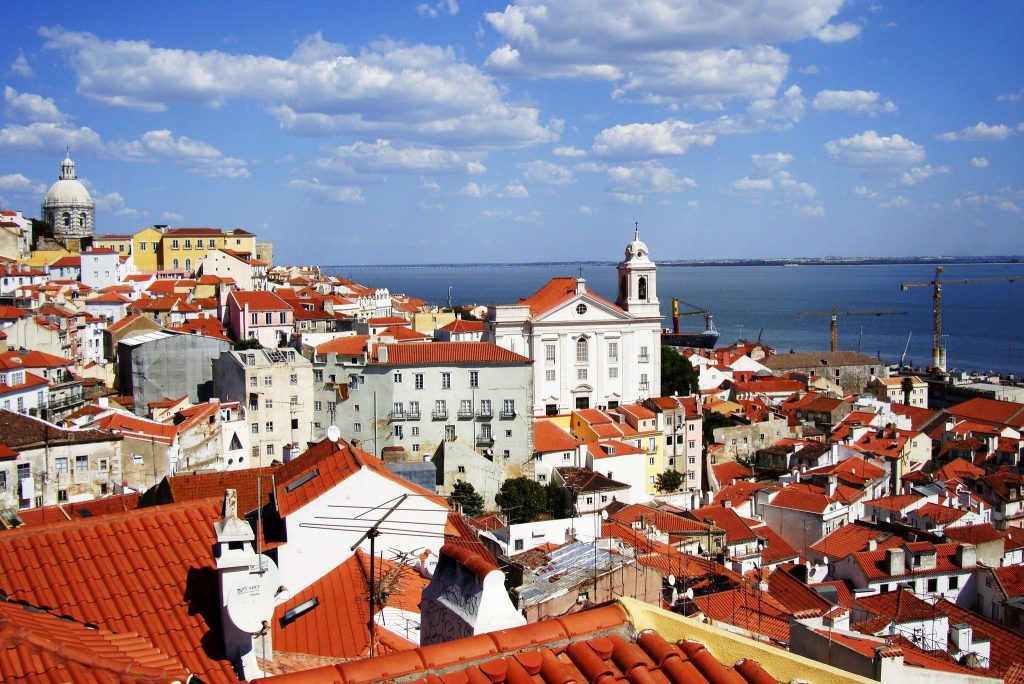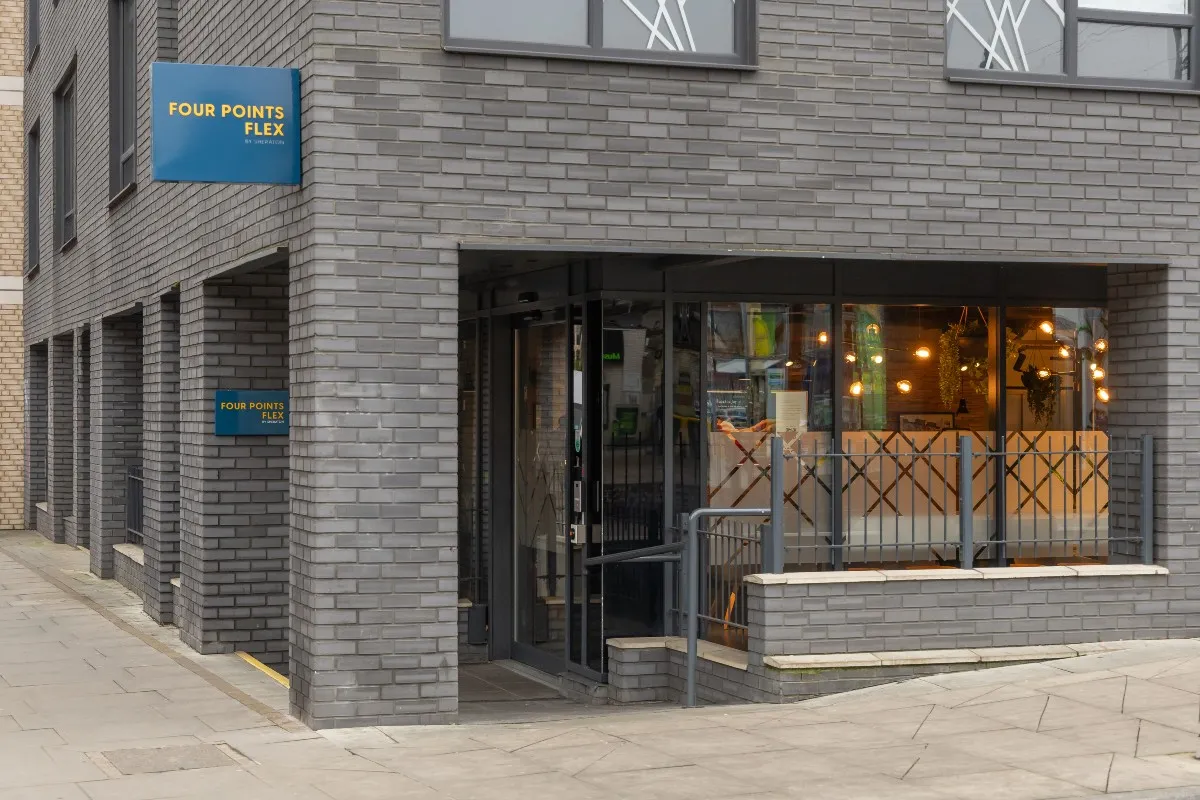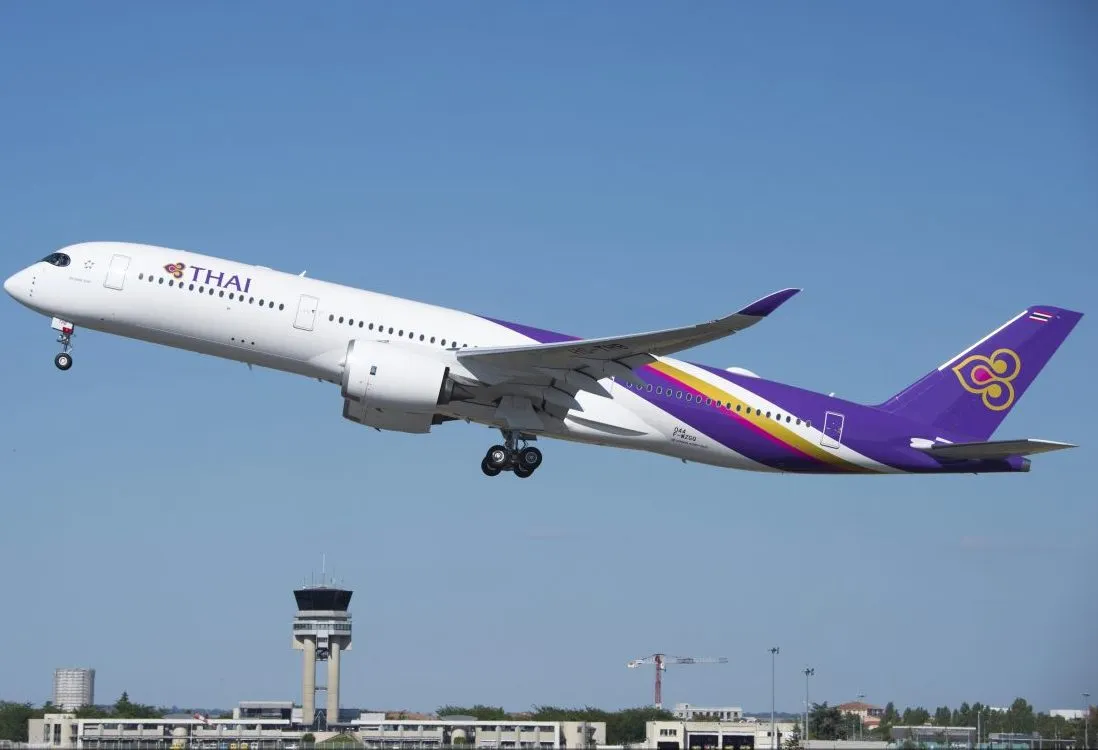Coronavirus May Solve Overtourism in Europe But Will That Shift Leave Lasting Economic Scars?

Skift Take
The year of 2020 may be a lot of things, but overtourism is almost certainly not one of them.
Tourist organization leaders in some of Europe’s hottest destinations like Portugal and Iceland recognize a silver lining to decimated travel demand is the ability to form new strategies for sustainable tourism.
But these travel leaders also recognize the role foreign visitors play in helping their national economy.
“Everyone is trying to understand how many tourists you need and how many tickets you need to sell to keep the monuments in place,” Luis Araujo, president of Turism de Portugal, said Tuesday at Skift Forum Europe during a panel moderated by global tourism reporter Rosie Spinks. “How many people do you need to have to have a good experience?”
Europe faces a drastically altered summer travel landscape this year due to coronavirus and the likelihood U.S. travelers — one of the continent’s largest sources of international arrivals — won’t be allowed to visit until the virus is controlled in America. The U.S. has contributed significantly to Portugal’s tourism economy surge in recent years — going from 20th to 6th place in terms of foreign travel arrivals, Araujo said.
But the European Union’s travel ban on Americans does present an opportunity for countries that have grappled with overtourism, despite the near-term economic sting.
“Of course this crisis has softened the worries surrounding overtourism, but this doesn’t mean the problem is over yet,” said Jennifer Iduh, head of research and development at the European Travel Commission. “We’re now given an opportunity to do a better job in terms of destination management and carrying capacity.”
Iceland’s tourism economy began its ascent in 2010, as travelers were initially drawn to the country for its low costs compared to mainland Europe.
Tourism revenue as a percentage of Iceland’s overall economy surged from 27 percent in 2013 to 42 percent in 2019, according to Statistics Iceland. But that growth in tourism came at the expense of its fishing and manufacturing industries, Skift reported last year.
Icelandic leaders had already introduced tourism capacity indicators last year to make sure its tourism was more sustainable going forward. While coronavirus temporarily knocked out overtourism fears, it may also assist the country in its push for a more sustainable tourism landscape.
“I think we’ll see positive behavior, which will counteract the overtourism,” said Sigríður Dögg Guðmundsdóttir, head of Visit Iceland at Promote Iceland. “It will have a positive effect because people will not want to be in crowded areas, so they’ll seek out lesser-known but equally beautiful destinations."
Portugal has similarly exploded in tourist appeal, going from hosting 4.8 million international arrivals in 1997 to almost 13 million in 2017. The tourism boom has led to longtime residents of cities like Portugal moving out due to the rising cost of living and congested streets from visitors from all over the world. Two-thirds of the tourists to Portugal in recent years have come from foreign countries.
There have been short-term pleasant aspects to the downturn in travel, Araujo said. A palace in Sintra outside Portugal that normally sees 5,000 visitors a day only had 200 on Friday, giving locals an opportunity to see a part of their neighborhood that would normally be clogged with tourists from different countries. But those visitors are still an important part of keeping the neighborhood vibrant.
“This is wonderful, but this is also not viable economically,” Araujo said. “That palace needs a lot of investment keeping it as it is.”
Both he and Guðmundsdóttir are optimistic about preserving some degree of inbound travel to Europe this summer while fueling their respective initiatives to spread tourism across an entire country instead of into dense cities. But they also recognize welcoming travelers, even those from the U.S., will require constant communication of a new tourism normal.
“We always say our biggest competitor now is fear. Building trust is crucial now in this moment to gain the tourists,” Araujo said. “We don’t get that without having clear rules.”




